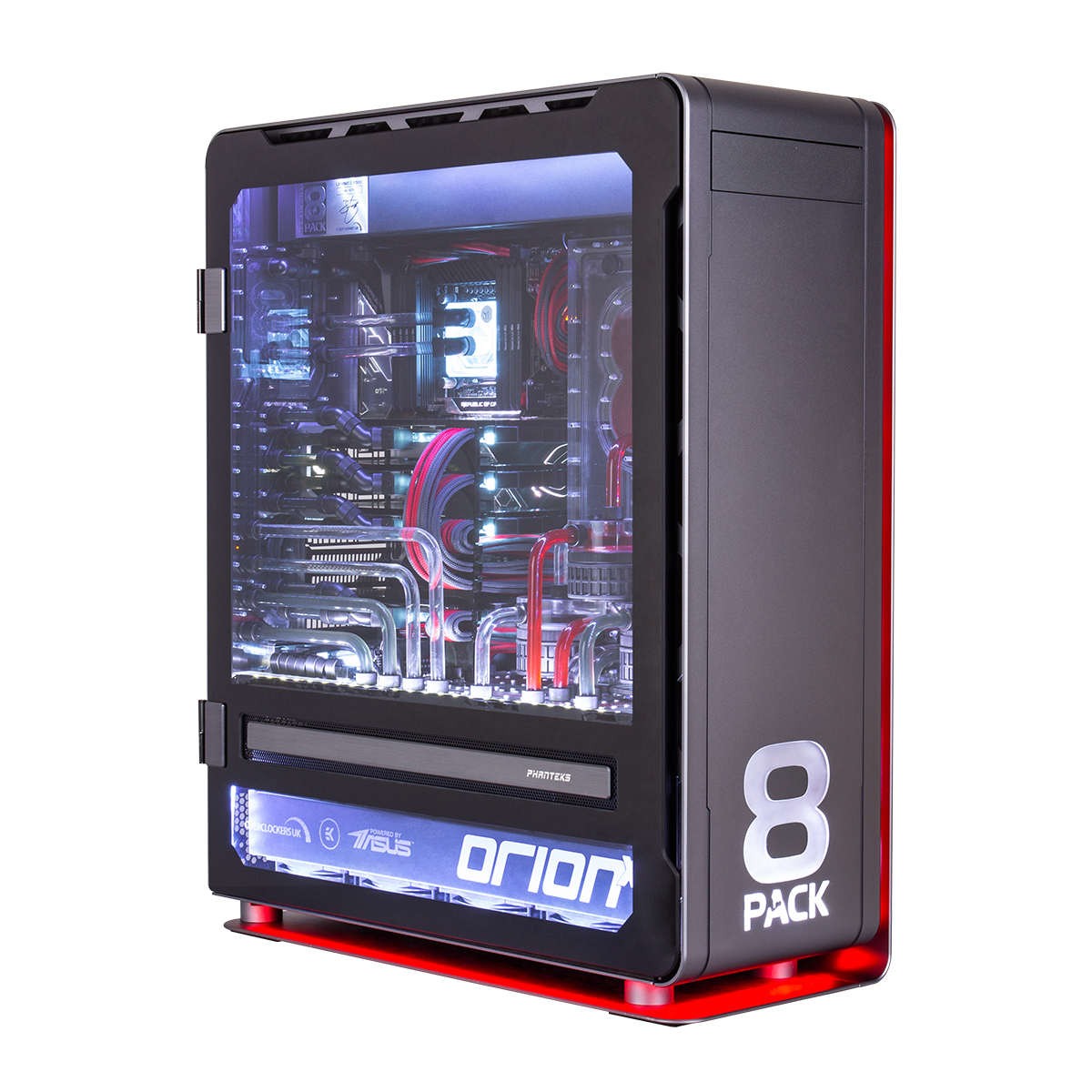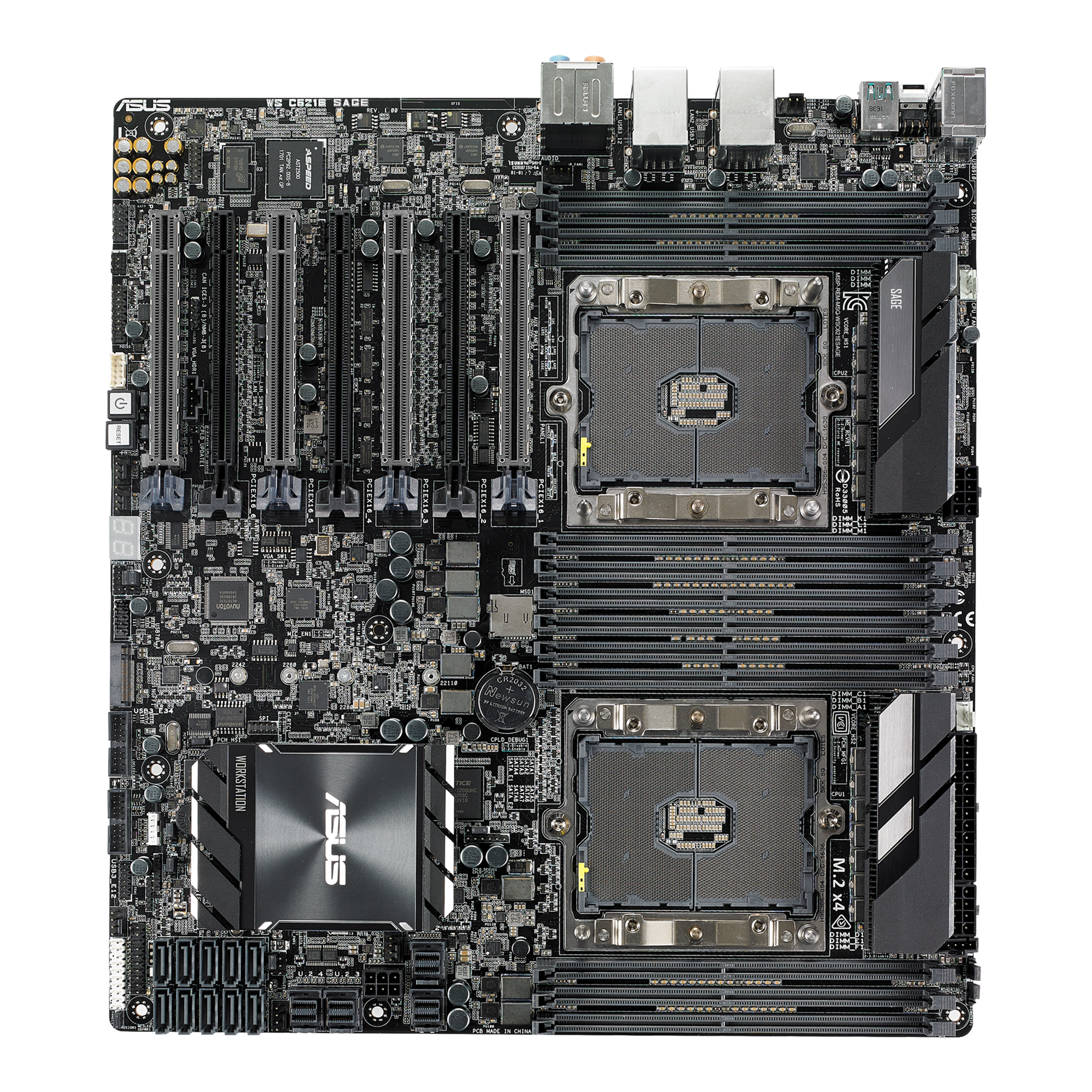I just spotted this:
Let's break it down. It's an "audiophile-grade" PC for music streaming and digital playback.
Some highlights from the blurb:
"The choice to design a dual CPU system was for a large part fuelled by finding a way around the impact Roons luxury interface has on sound quality. It does enable Roon processing to become virtually inaudible, a world’s first in our experience."
"4x faster than SSD which results in lower latency and much lower system noise overall, giving you black backgrounds, huge space rendition and brings an ease to the musicians performance, only matched by the very best vinyl and tape playback systems."
"Our custom RAM modules have factory pre-selected A-grade memory modules, all dimm components (memory chips, capacitors, resistors etc) are matched to within a 1% tolerance and selected for low current draw."
And the price for this masterpiece of sound quality? €24,000
It's a PC for god's sake! Stick a top-end DAC in any off-the-shelf PC and it will sound the same.
Let's break it down. It's an "audiophile-grade" PC for music streaming and digital playback.
Some highlights from the blurb:
"The choice to design a dual CPU system was for a large part fuelled by finding a way around the impact Roons luxury interface has on sound quality. It does enable Roon processing to become virtually inaudible, a world’s first in our experience."
"4x faster than SSD which results in lower latency and much lower system noise overall, giving you black backgrounds, huge space rendition and brings an ease to the musicians performance, only matched by the very best vinyl and tape playback systems."
"Our custom RAM modules have factory pre-selected A-grade memory modules, all dimm components (memory chips, capacitors, resistors etc) are matched to within a 1% tolerance and selected for low current draw."
And the price for this masterpiece of sound quality? €24,000
It's a PC for god's sake! Stick a top-end DAC in any off-the-shelf PC and it will sound the same.







